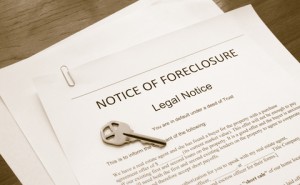What ultra-rich Americans want
In an article filled with statistics, Bernie Sanders explains that ultra-rich Americans will never be satisfied. They want "more, more, more." And they are on the verge of taking control of Congress in order to get it. Here's what about to happen: Republicans "want to add $700 billion to the national debt over the next 10 years by extending Bush's tax breaks for the top 2 percent." Here's where we are headed in the long run, unless the Democrats draw a line in the sand:
The billionaires and their supporters in Congress are hell-bent on taking us back to the 1920s, and eliminating all traces of social legislation designed to protect working families, the elderly, children and the disabled. No "social contract" for them. They want it all. They want to privatize or dismantle Social Security, Medicare and Medicaid and let the elderly, the sick and the poor fend for themselves. They want to expand our disastrous trade policies so that corporations can continue throwing American workers out on the street as they outsource jobs to China and other low-wage countries. Some also want to eliminate the minimum wage so that American workers can have the "freedom" to work for $3.00 an hour.

 If you read her post and comments, you see a lot of hemming and hawing from Chrisitans who believe a) in a kind, loving, and just God who b) sends everyone to hell except the most extreme sycophants. They try to have it both ways.
In brief, yes, all Jews go to Hell. But when considering this actual young, innocent person, who was a victim of
If you read her post and comments, you see a lot of hemming and hawing from Chrisitans who believe a) in a kind, loving, and just God who b) sends everyone to hell except the most extreme sycophants. They try to have it both ways.
In brief, yes, all Jews go to Hell. But when considering this actual young, innocent person, who was a victim of 